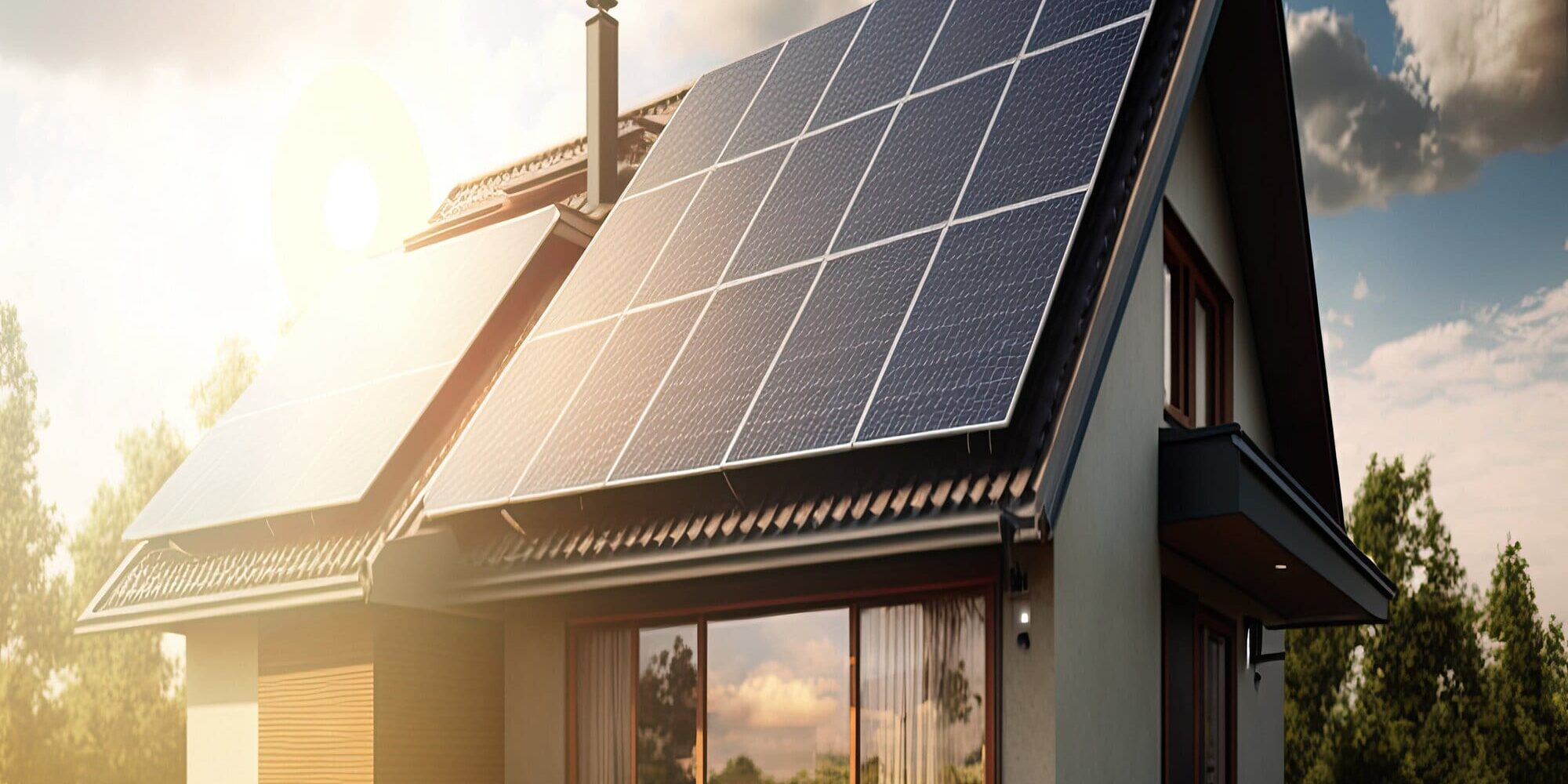With the increasing interest of homeowners in renewable energy, the potential cost savings of residential solar panels have become more significant than ever.
Solar energy is now acknowledged as a cost-effective solution to cut down energy expenses while also contributing to a greener future.
In this blog post, we will conduct a comprehensive analysis of the cost savings that come with residential solar.
The Cost of Solar Panels
The cost of solar panels has significantly decreased over the past decade, making it an increasingly affordable option for homeowners.
In 2021, the average cost of a residential solar panel system was $2.81 per watt.
This means that a typical 6 kW system would cost around $16,860 before incentives.
In 2023, the average cost of a residential solar panel is now $1 – $1.50 per watt.
Which equates to a 6KW system somewhere in the $5,500 – $9,000 range (before incentives).
Energy Savings
One of the most significant cost savings of residential solar is the reduction in energy bills.
Depending on the size of the solar panel system and the homeowner’s energy consumption, homeowners can save thousands of dollars on their energy bills over the lifetime of the system.
In fact, homeowners who switch to solar energy can expect to save between $10,000 and $30,000 over the lifetime of the system.
Tax Credits and Incentives
In addition to the energy savings, homeowners can also take advantage of tax credits and incentives.
The federal government offers a solar investment tax credit (ITC) that allows homeowners to deduct 26% of the cost of their solar panel system from their taxes.
Many states and local governments also offer additional incentives, such as property tax exemptions and cash rebates.
Increase in Home Value
Solar panels can also increase the value of a home.
According to a study by the Lawrence Berkeley National Laboratory, homes with solar panels sell for an average of 4.1% more than homes without solar panels.
This means that homeowners can recoup some (or all) of the cost of their solar panel system when they sell their home.
Long-Term Savings
While the upfront cost of a solar panel system may seem daunting, homeowners can enjoy long-term savings.
Solar panel systems can last for 25 years or more, meaning homeowners can save on energy costs for decades to come.
Additionally, as energy costs continue to rise, homeowners with solar panel systems can enjoy even greater savings over time.
Residential solar offers significant cost savings for homeowners.
With the decrease in the cost of solar panels, energy savings, tax credits and incentives, increase in home value, and long-term savings, the benefits of residential solar cannot be ignored.
At Future X Energy, we are committed to helping homeowners make the switch to solar energy.
Contact us today to learn more about our residential solar services and start enjoying the cost savings of renewable energy.






